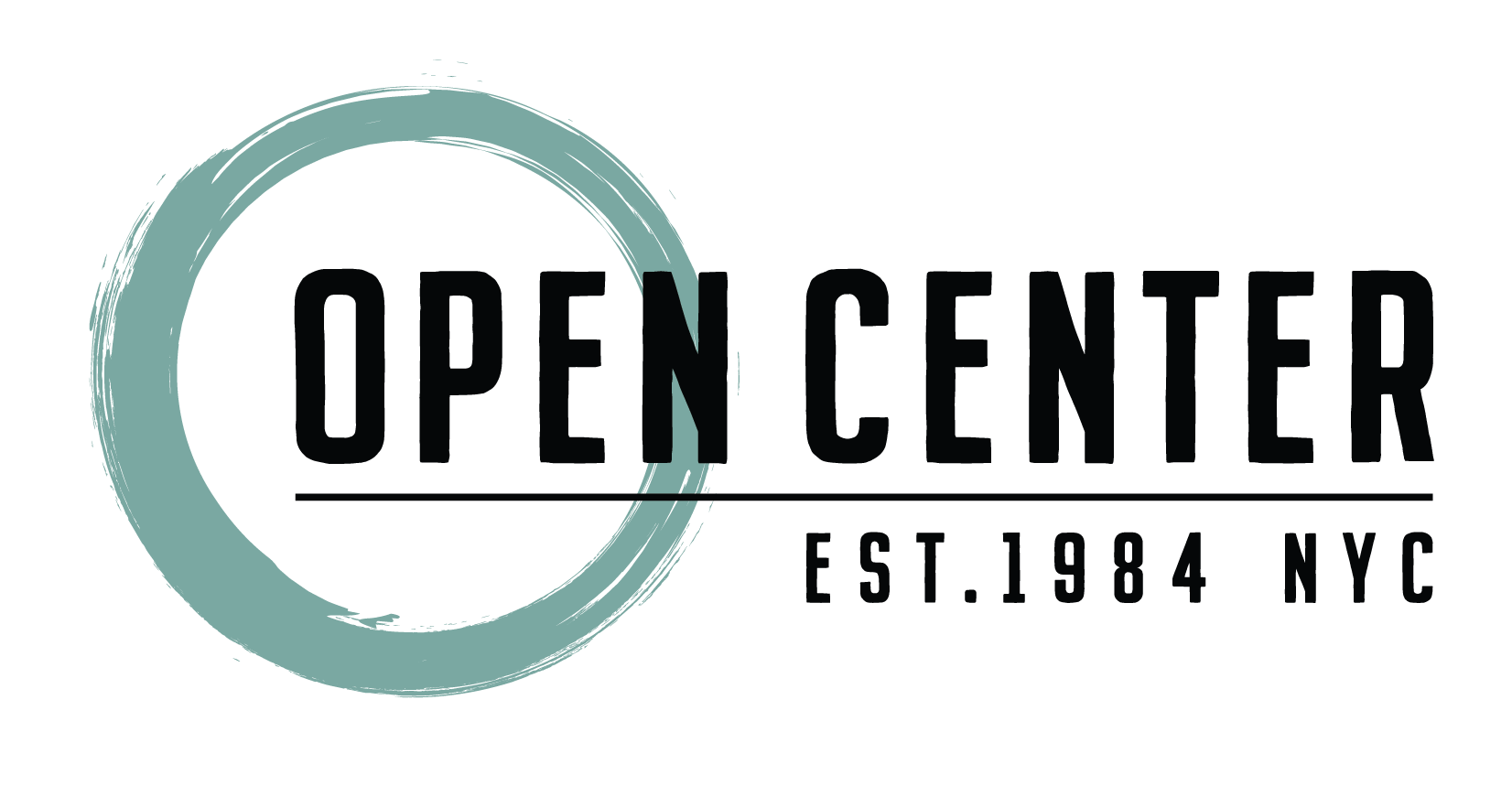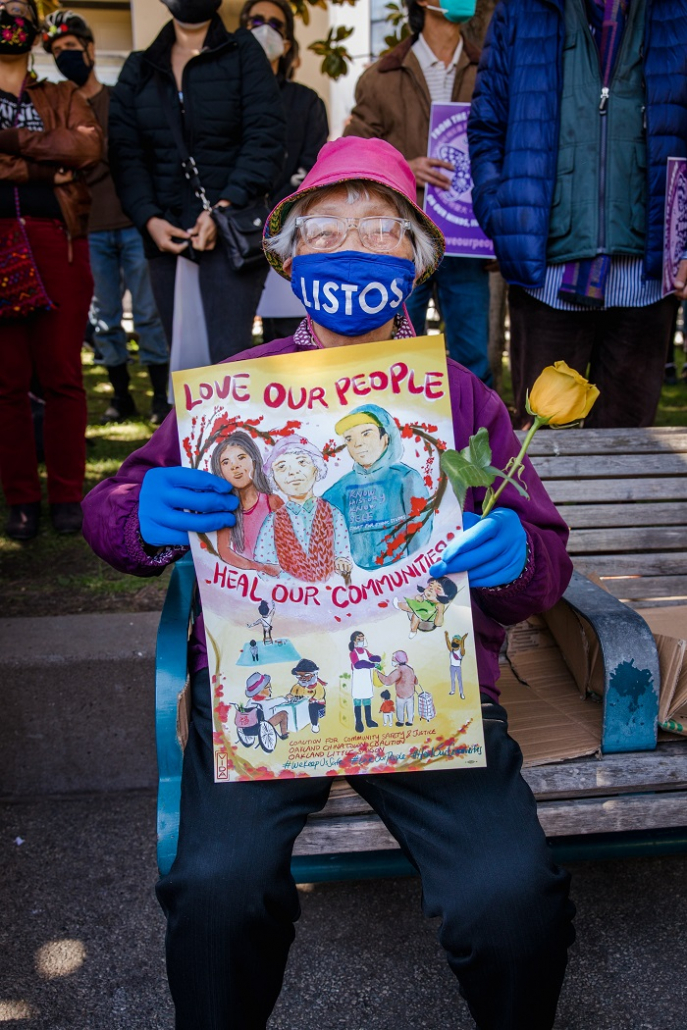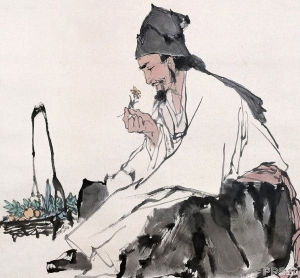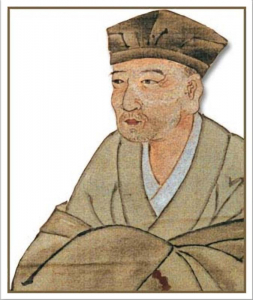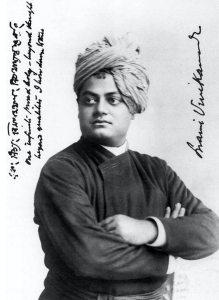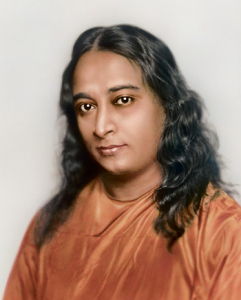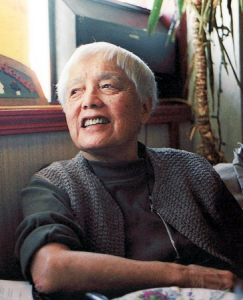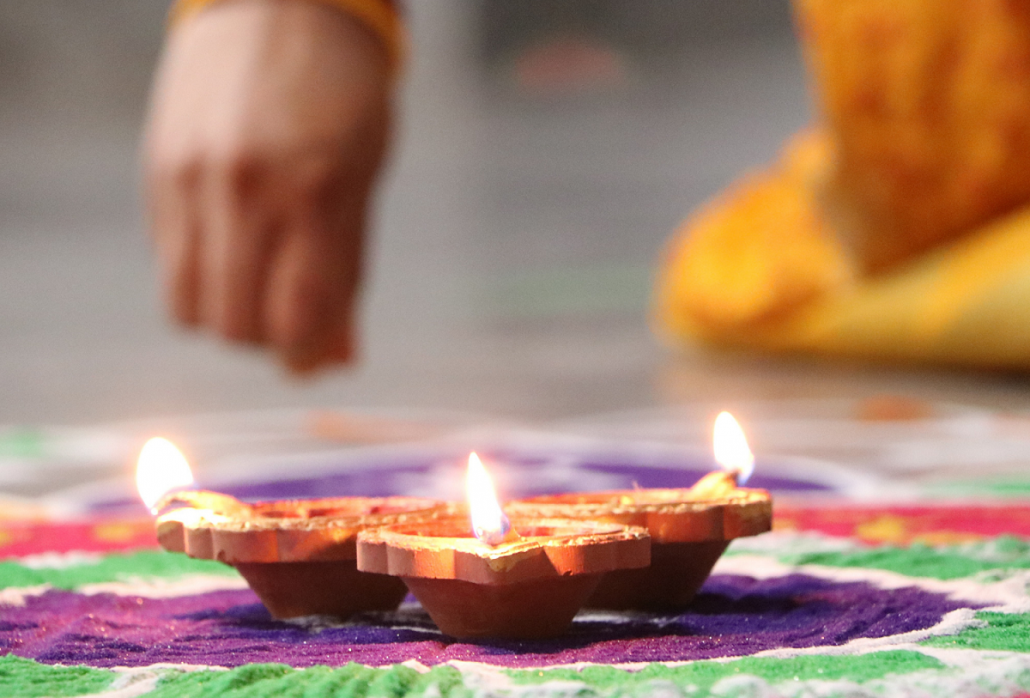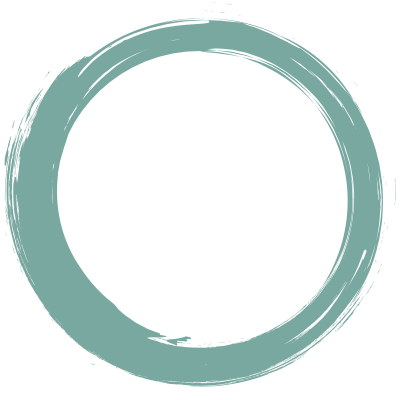SUPPORT LOCAL AAPI-OWNED BUSSINESSES
Just as we reflect and learn from our history, it is important to also support those who are paving the future. One way to do that is by looking within our local communities to support its AAPI-owned businesses.
Here are some of our favorites local businesses within our hometown of New York City:
Minka Brooklyn: Co-founded by Aki Hirata Baker, Minka is a community led center for wellness and harmonious living. Minka, meaning “home of the people” in Japanese, strives to create an inclusive environment where all people can heal and thrive.
Website | Instagram
Headquartered in NY, Slant’d is a collective of Asian Americans magnifying the voices of everyday and emerging #AsianAmerican artists, authors & creators. Their magazine of the same name celebrates Asian American identity one story at a time.
Website | Instagram
Okimoto: Founded by New York based florist, Michelle Ishikawa, Okimoto is committed to helping people reconnect with nature by celebrating local ecology and seasonality. This Mother’s Day, 20% of all sales will be donated to Wild Rainbow to support their after school art programming and community partnerships. Check out her beautiful floral arrangements here or follow her on Instagram.
Rooted: NY-based Rooted is on a mission to reconnect people with nature, one houseplant at a time. Born of the belief that our mental, emotional and physical health benefits from having greenery in your space, Rooted is a one-stop shop that makes the plant-buying experience convenient, fun and sustainable.
Website | Instagram
